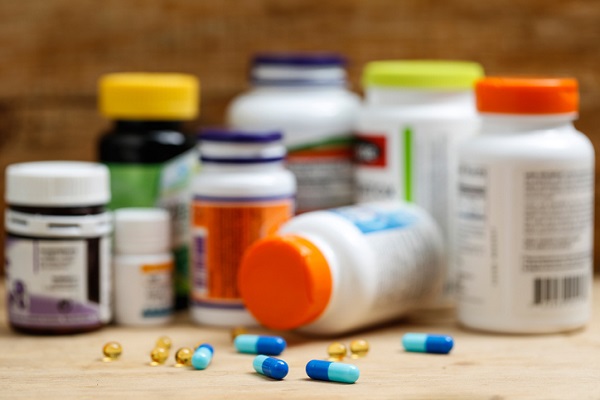
The medication which we consume, inhale, or apply to our bodies is the result of many years of research and development. Pharmaceutical professionals develop an extensive knowledge about the ingredients and processes required to ensure that a new drug is safe and effective. The manufacturing process is complex, and pharmacopoeias have been established to offer guidelines on how to get it right.
These documents have been around for many centuries, and many countries have developed their own versions. The four most comprehensive variants are the United States Pharmacopoeia (USP), the European Pharmacopoeia (EP), the British Pharmacopoeia (BP) and the Japanese Pharmacopoeia (JP). Initially developed with the purpose of describing how drugs should be formed, pharmacopoeias have since developed a broader remit. Here’s a helpful explainer before beginning your pharmaceutical studies.
The History of the USP – One of the World’s Leading Pharmacopoeias
Students in quality assurance courses might find it interesting that pharmacopoeia stems from the merging of two Greek words which combine to form the literal term ‘to make medicine.’ After originating in the 15th century, the idea eventually developed into a more comprehensive set of standards in 1820 with the first publication of the USP. Physicians came together at this time to address concerns about the quality of medicines, and the pharmacopoeia contained information on how to prepare over 200 common drugs at the time.
It would be the beginning of the 20th century before the USP was given official sanctioning by the US government, which gave it some authority in overseeing medicinal standards. The USP is an essential reference guide for those seeking to sell medication in the American market, and new versions are published on a regular basis.
The Broad Modern Functions of a Pharmacopoeia During Drug Manufacturing
A modern pharmacopoeia focuses on thousands of different medications, each of which has a broad amount of information attached. As well as the description and formulation of the drug, there’s usually a breakdown of the physical constants including its boiling point. Standards are also included to test the purity of the substance, and there is also essential information about required dosage forms.
Standards are outlined under all these headings to ensure that top-quality medicine is produced for the public. Pharmaceutical manufacturing isn’t the only career avenue available after quality assurance training, and food ingredients also often come under the scope of pharmacopoeias. The USP, for instance, took over the Food Chemicals Codex, which develops leading standards for that industry.
What to Know about Multi-national Pharmacopeias During Quality Assurance Training
International co-operation has become the norm in many different industries, and the pharmaceutical sector is no exception. The World Health Organization published the first edition of its ‘International Pharmacopoeia’ in 1951, and it now acts as a guidance document for all member states. The information contained within can be adapted or enacted as the official pharmaceutical standards in any country.

Pharmacopoeias ensure medication is being made to a high standard
The European Pharmacopoeia has also become a popular standard bearer. In fact, it has legal status in the United Kingdom alongside the country’s own British Pharmacopoeia. Knowledge of the world’s most comprehensive pharmacopoeias is a great asset to pharmaceutical students and will open up work opportunities around the globe.
Take the opportunity to enroll in a leading pharmaceutical quality assurance program.
Learn from the experts at AAPS.



